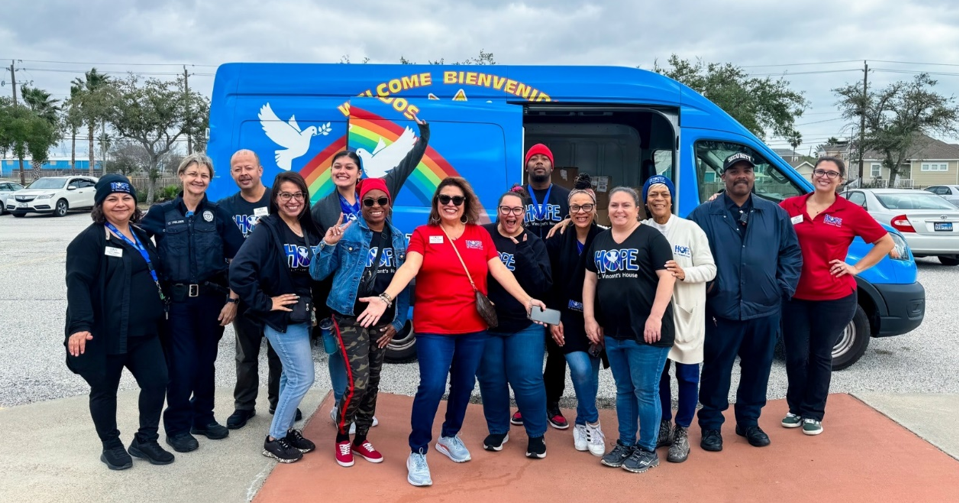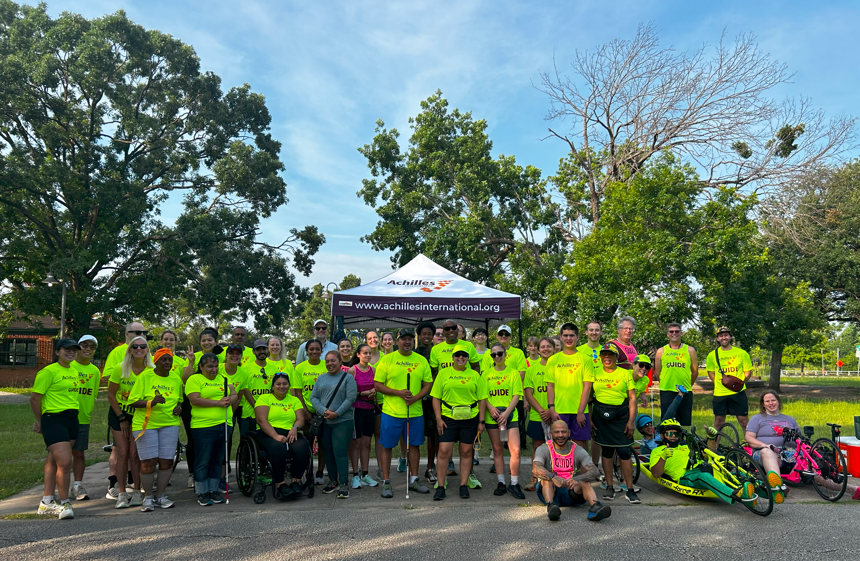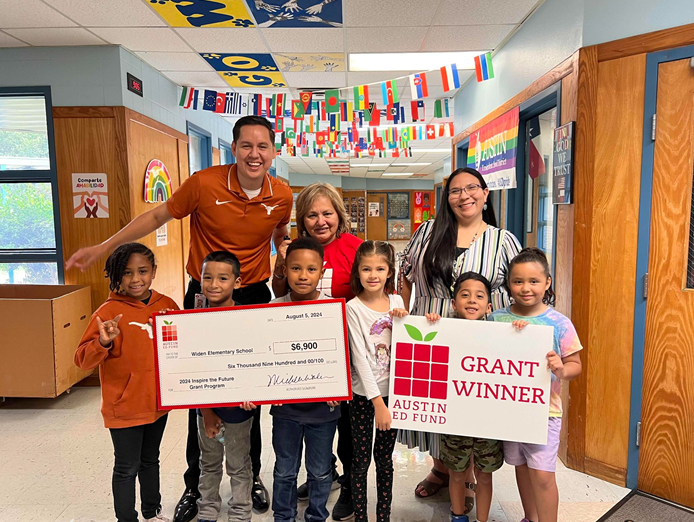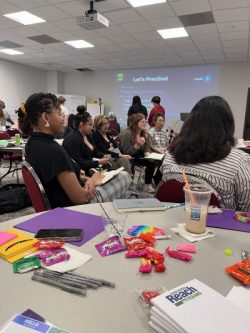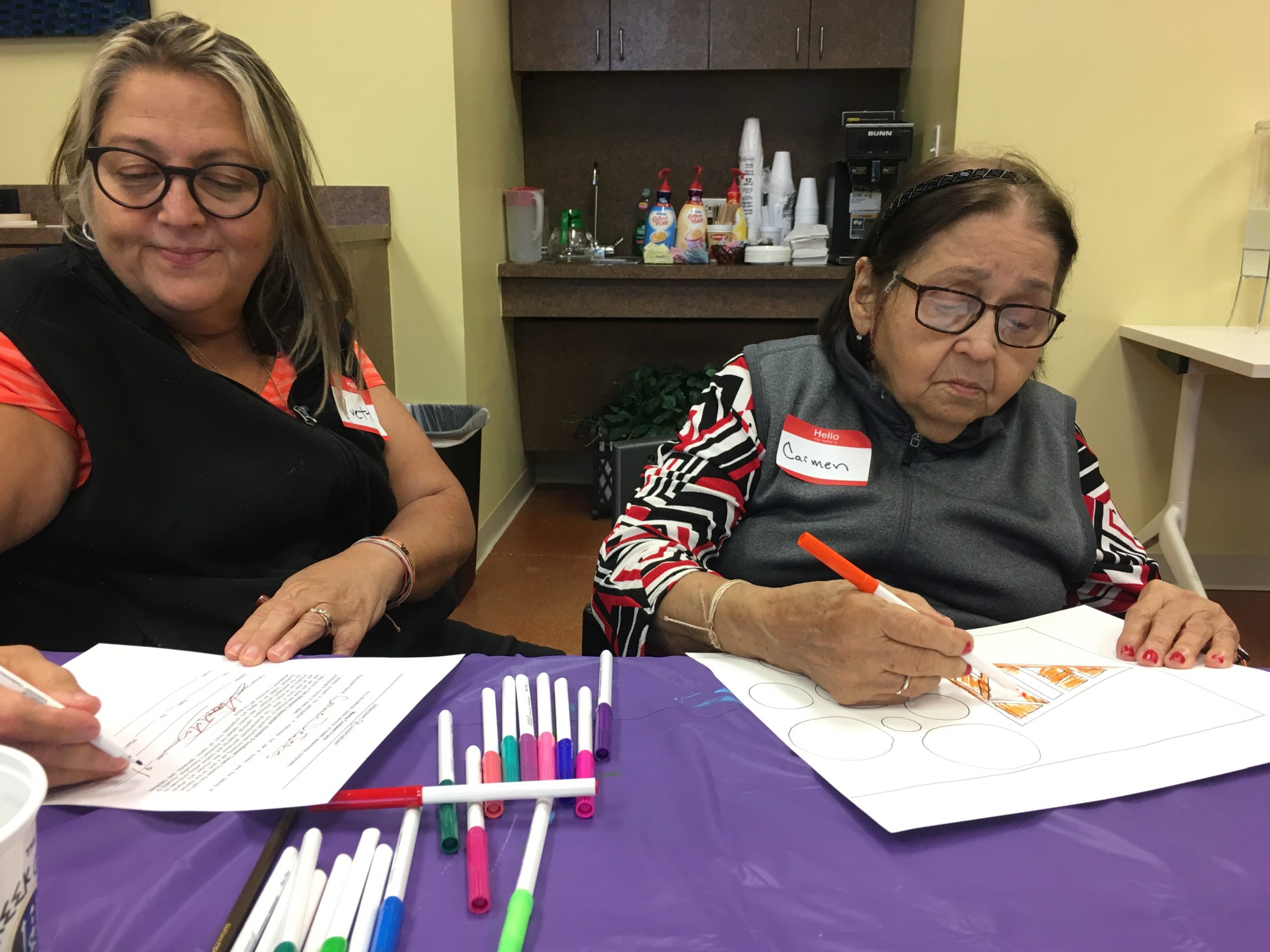
Moody Grant Recipient: Alzheimer’s Association
Tell us about your relationship with the Moody Foundation.
Our relationship with the Moody Foundation started in February 2020, when we submitted for a grant towards our local programs and services to match funds raised at the Walk to End Alzheimer’s®.
The Moody Foundation generously contributed a $150,000 matching grant the summer of 2020, which was vital to our Association’s ability to continue to provide vital services in Galveston County during the difficult times of COVID-19.
In 2021 the Alzheimer’s Association applied to the Moody Foundation, and again, we were graciously awarded a $150,000 grant. The Association, Walk Planning Committee and local Galveston County participants are deeply thankful to the Moody Foundation for choosing to partner with us.
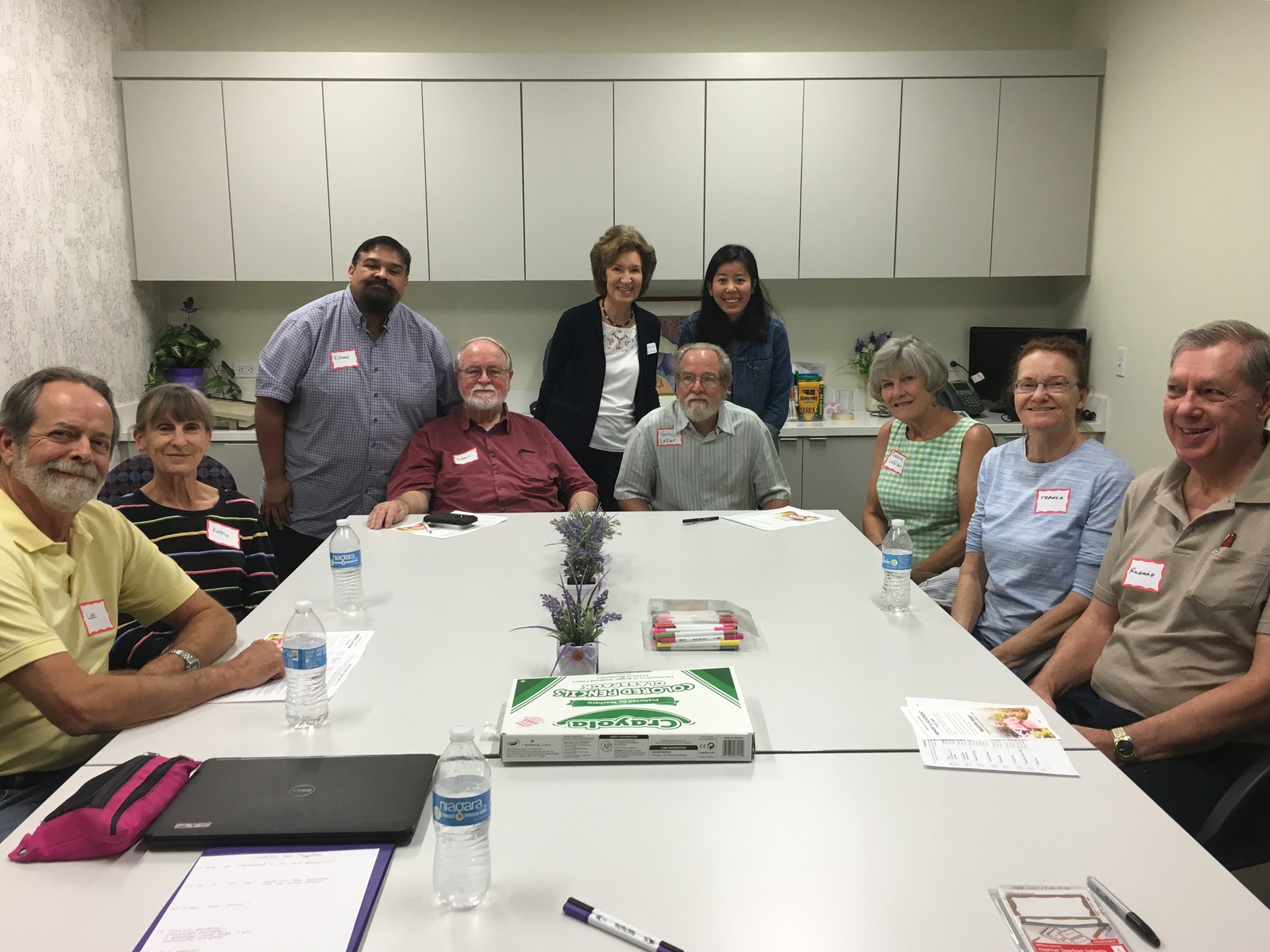
Members of the Alzheimer’s Association
How many people does your organization help every year? How many people volunteer for your organization every year?
The Alzheimer’s Association works diligently on reaching as many families and caregivers as we can. Thanks in part to the generous grant of the Moody Foundation, the Houston and Southeast Texas Chapter was able to aid and assist over 10,000 families in 2021:
- 2,059 Helpline clients
- 721 Care Consultation clients
- 4,101 (332 in Galveston County) Education clients
- 2,324 (113 in Galveston County) Support Group clients
- 1,357 Early-Stage clients
Our mission would be unachievable without our magnificent volunteers. Our volunteers are vital for each area of the Alzheimer’s Association. Under Care & Support, there are 83 active early-stage support, community educators and community representatives volunteering for the Association. Additional volunteer opportunity areas include public policy and development. To learn more about volunteer opportunities, visit alz.org/volunteer.
How do you educate the community about the importance of Alzheimer’s research?
Our community educators are a key part to raising awareness locally. Any business, organization, civic group or club can request one of our core educational programs and our trained community educator will give the presentation, take questions and ideally start a discussion. In 2020, when COVID-19 prevented us from hosting in-person events we were able to pivot and broaden our reach for education programs by hosting them virtually via Facebook Live and Zoom. Fortunately, we are now in a position to be hosting both in-person and virtual education events in 2022. Individuals are welcome and encouraged to take our free online courses at their leisure, from the comfort of their home, anytime, at alz.org/training.
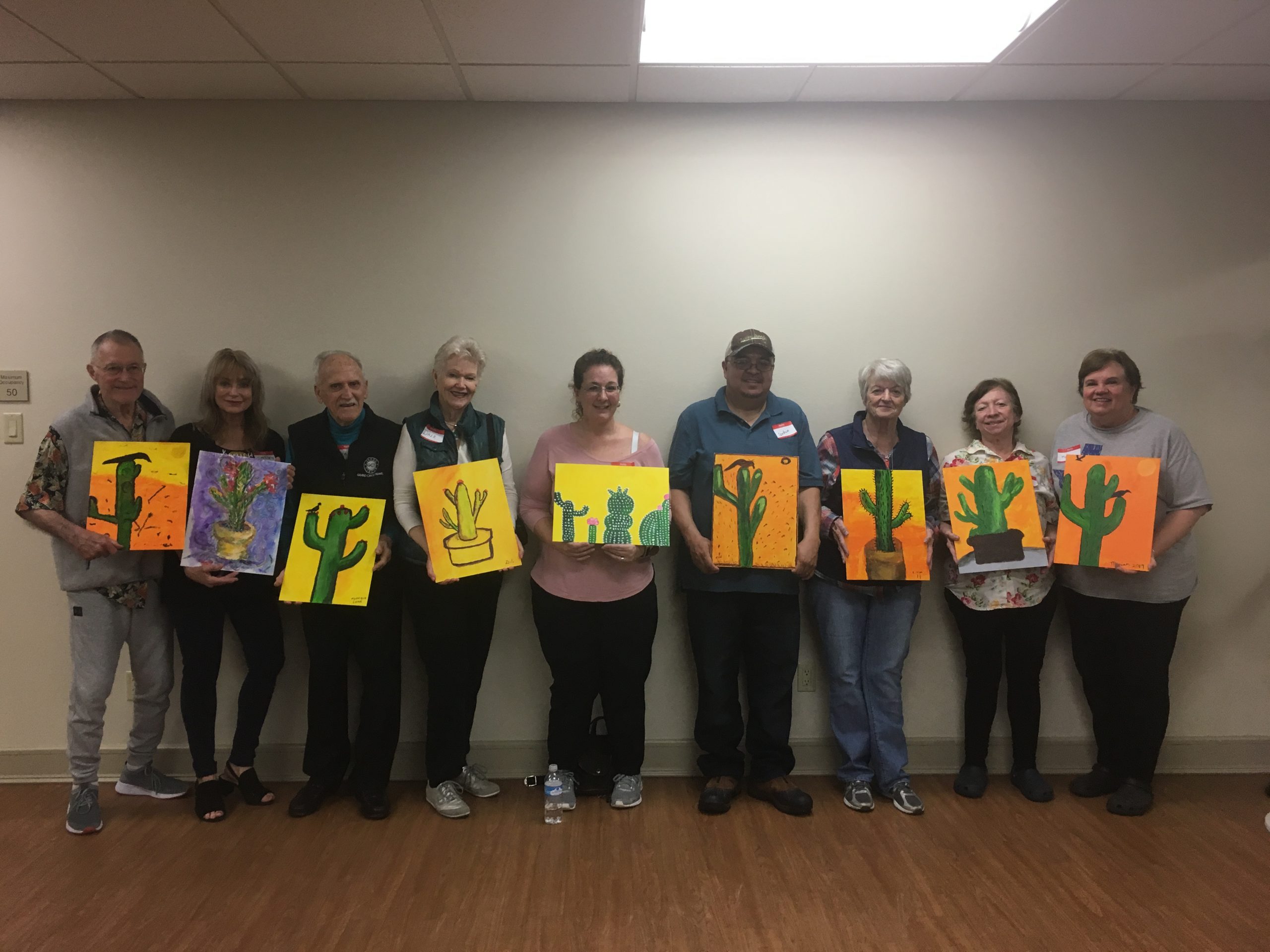
In-person Alzheimer’s Association event
Tell us more about your Early-Stage Social Engagement Programs
Our Early-Stage Social Engagement Programs was especially hit hard by COVID-19, but I am pleased to say we are currently in the process of resurrecting some of the classic programs such as Wild Together and Looking Together. Both programs welcome early-stage participants and their caregiver to enjoy outings to the Houston Zoo and the Museum of Fine Arts Houston, respectively. We’re excited about a couple of new Early-Stage Social Engagement Programs in the works: Cat Cafe and a new fitness program.
Similar to our education programs during COVID-19, the Alzheimer’s Association made a point to emphasize our online presence for our early-stage participants with virtual programs such as Let’s Talk, a virtual interactive forum about dementia-related topics.
During the month of March, we hosted a successful series each Saturday, Building Your Caregiver Confidence, where caregivers could ask questions and engage with our professionals and each other.
Lastly, we have our free online education guidance program designed specifically for those living with Alzheimer’s and their care partner/caregiver called I have Alzheimer’s. Along with our 24/7, free Helpline (1-800-272-3900), this program allows the affected person to research, plan and find support in one spot. Newly diagnosed patients and caregivers can go to alz.org/IhaveALZ to begin their journey and visit our free Community Resource Finder, alz.org/crf, which can help them locate resources in their area.
